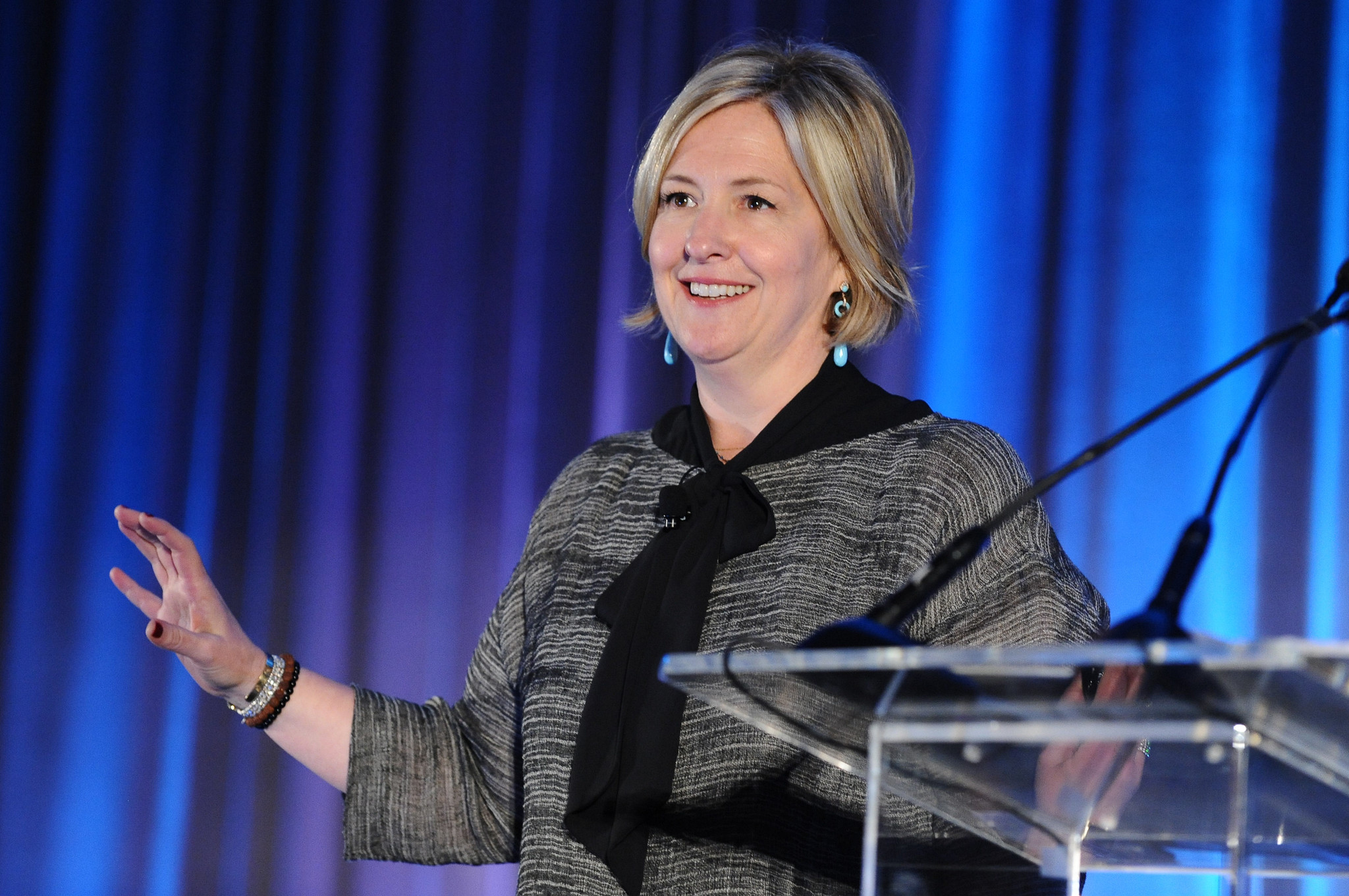Brené Brown gave a TED talk on vulnerability that quickly went viral. This video has been seen by more than 35 million individuals. Because of her popularity, many Fortune 500 companies asked Brown to come speak to their employees. Ironically, many of these organizations specifically asked her not to mention the concept of vulnerability or the other phenomenon she has researched, shame.
Rightfully, Brown would respond by asking these corporations what they would like for her to address. Three of the most common answers were change, innovation, and creativity. As Brown quickly pointed out, vulnerability is actually the source of all three of these concepts. In fact, says Brown, vulnerability has emerged as one of the most critical traits for entrepreneurs and business leaders to understand and practice.
Why Vulnerability Is So Important for Entrepreneurial Success
For the most part, business owners do not present themselves to the world as vulnerable individuals. This fact makes sense, as it could potentially call into question their ability to lead a corporation. However, the best entrepreneurs all embrace vulnerability in unique, meaningful ways, Brené Brown argues.
Most of these individuals demonstrate their vulnerability to only a select number of people. Understandably, entrepreneurs do not want to exhibit panic in front of employees or customers. At the same time, not admitting you are overwhelmed can increase the odds of failure. Brown found that every successful leader had a mentor, or perhaps even a larger peer group, to turn to for advice in times of panic. Asking for help is a sign of vulnerability, but one that makes leaders great.
Brown also finds signs of vulnerability in business leaders who create a culture of discomfort at their companies. Many entrepreneurs feel like they need to portray confidence at all times. Certainly, this can help convince people to provide support at times, but it does not exactly encourage solid business behavior.
Entrepreneurs often experience discomfort as they calculate their strategies and determine the risks they are willing to take. Overconfidence can lead to poor decision-making. A culture of discomfort is normal in entrepreneurship and can go far in demonstrating to employees the true value behind making decisions and moving forward through uncertainty.
Brené Brown’s Acceptance and Display of Personal Vulnerability
Over the course of her career, Brené Brown has demonstrated firsthand the value of vulnerability in entrepreneurial pursuits. An academic with a professorship at the University of Houston, she quickly realized her academic publications would limit the size of her potential audience.
At this point, she began talking about vulnerability and shame for corporate events, but it wasn’t until she was asked to give a TEDx talk that she became famous. In this talk, she embraced her own advice and talked about how her research on vulnerability caused a psychological collapse. TED asked to feature her talk, which is when it went viral. Brown had to embrace her own vulnerability to realize success.
Over the course of her career, Brown has had to embrace vulnerability a number of times. No publisher would purchase her first book, so she decided to self-publish. After it had a bit of success, Penguin purchased the rights, but the book ended up failing terribly.
Still, she pushed forward to learn from this experience and eventually ended up releasing Daring Greatly. This bestseller has reached an enormous number of people, including a number of entrepreneurs. Business owners who pay close attention to Brown can learn a number of important lessons from her writing.
How Entrepreneurs Can Embrace Vulnerability in Their Careers
One of the most important lessons for entrepreneurs to learn when it comes to vulnerability has to do with motivation. Vulnerability is not always the right call and the decision of whether or not to exhibit vulnerability largely has to do with self-awareness.
For example, imagine an entrepreneur who is upset about a business failure who wants to be vulnerable by talking about it with the team. If the intention behind this discussion is just to air feelings, then what is the point? However, if the entrepreneur instead intends to talk about how things can be different next time, then the vulnerability is actually constructive. Entrepreneurs need to think carefully about goals when considering whether or not vulnerability is appropriate.
Entrepreneurs can productively embrace vulnerability early in their careers through self-promotion. When a company’s founder is excited about a project, that excitement can prove contagious. However, showing this excitement is a form of vulnerability. Self-promotion can prove very difficult because it requires putting oneself out there and risking failure. But the very act of embracing this risk demonstrates courage, which has the power to inspire and excite other people.
Featured Image by Cynthia Smoot | Flickr

 Joanna (Jo) Riley is an entrepreneur, investor, and advocate in technology, and is currently the CEO and Co-Founder of Censia. Jo has a highly experienced background in building and scaling companies, which she attributes to her deep passion for people and building technologies that allow people to be their best selves. She brings her wide knowledge of the industry to better transform the way enterprise companies hire talent. You can connect with Joanna Riley at @joannakiddriley on
Joanna (Jo) Riley is an entrepreneur, investor, and advocate in technology, and is currently the CEO and Co-Founder of Censia. Jo has a highly experienced background in building and scaling companies, which she attributes to her deep passion for people and building technologies that allow people to be their best selves. She brings her wide knowledge of the industry to better transform the way enterprise companies hire talent. You can connect with Joanna Riley at @joannakiddriley on